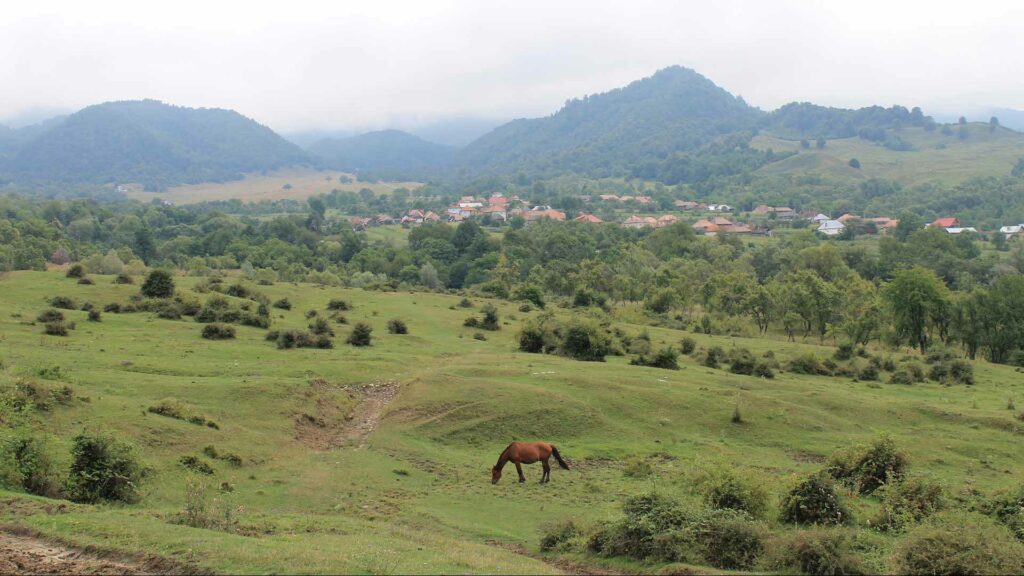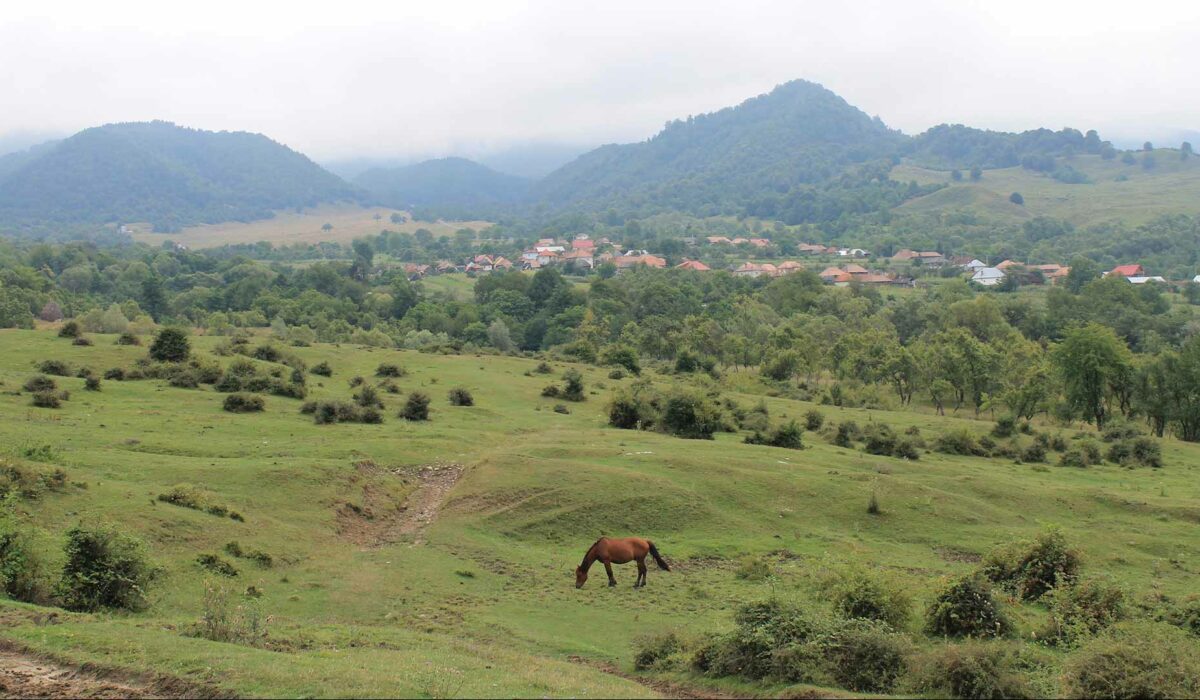Our colleague Dr George Iordachescu together with the Convivial Constitutionality team from the University of Bern invites contributions to a joint panel for the International Association for the Study of the Commons’ Conference to take place in Nairobi 19-23 June 2023.
The panel ‘Contesting human-wildlife interactions in the context of the commons’ has been accepted under the conference’s subtheme Conservation, Environmental Justice and the Commons and it’s scheduled to take place in person.

Abstract
Humans and wildlife coexist in multiple ways around the world, but socio-environmental challenges are putting coexistence under new pressures. A growing body of literature sheds new light on the increasing pressures to conserve large carnivores and other charismatic megafauna, which have become the main object of intervention in conservation projects. Individual or collective actors at various levels face new challenges to develop strategies for coexistence that go beyond regulating human-wildlife interactions into the realm of socio-political relations. Building on political ecology approaches, this panel explores the diversity and plurality of commoning institutions and rules that govern the interaction between humans and wildlife, casting new light on their recent history of institutional change. Across geographies, commons are often places of conviviality (Büscher and Fletcher, 2020) and constitute essential examples of constitutionality (Haller et al., 2016), directly framing and redefining coexistence practices. However, as global conservation becomes an uneven playing field in which powerful actors embrace western knowledge systems against local worldviews, processes such as commons grabbing and green enclosures have the potential to disrupt patterns of commoning and coexistence. This panel invites contributions from a broad range of theoretical and methodological approaches which take a critical stance toward different conservation strategies while advancing the understanding of how the management and functioning of commons have changed historically.
Keywords: human-wildlife interactions, commons, coexistence, collective-action institutions, constitutionality, conviviality
We are particularly interested in welcoming contributions that engage with some but are not limited to the following questions:
- How do local groups institutionally regulate human-wildlife interactions?
- How have these institutions responded to challenges such as trophy hunting or external conservation projects while fostering coexistence with large carnivores?
- What lessons can the long-experienced commons teach us about coexistence with large carnivores and other species of megafauna?
- How can we imagine new patterns of coexistence within a participatory rule-making approach (/constitutionality)?
- How are the commons co-opted as narrative strategies used by various translocal/transnational institutions and actors to lay their claims?
- How does(or doesn’t) convivial constitutionality address the historical contingency of social, cultural and environmental injustices and navigate the socio-economic disparities that exist in commoning spaces?
If interested, please submit your paper abstracts via the conference website before the 12th of December 2022.
